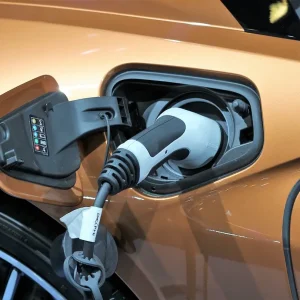At ACFO’s annual conference in mid-May there was no hint of the success that was just round the corner in terms of the widespread changes to advisory fuel rates.
The rate at which drivers can claim back fuel bought for company cars used on company business has been a constant source of frustration for ACFO, which has been suggesting improvements to HM Revenue & Customs for quite some time.
It seems the association’s suggestions have been pretty much taken on in their entirety, which has to be good news because ACFO?represents the fleet operators that are most affected by the regulations. It’s also good to see this industry’s trade association having such a strong and successful impact on Government thinking, even if it’s taken years to get here. So congratulations to all at ACFO who have worked hard behind the scenes to get this far, and as BusinessCar went to press we were waiting with baited breath to see what HMRC finally publishes before assessing the impact on businesses.
This issue sees the launch of BusinessCar’s 2011 Techies, the only fleet awards designed to reward the most impressive technology in the sector. Firms that feel they have impressive tech offerings designed to help fleet operators in their business need to get their entries sent to editorial@businesscar.co.uk as soon as possible. The new categories – Best App and the Innovation Award – add another interesting twist to what is a competitive and increasingly difficult to judge set of categories.
For more information, head here
Follow BusinessCar on TWITTER





